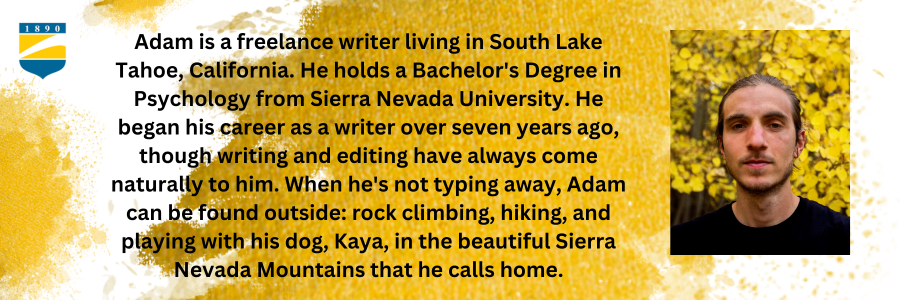7 Reasons It’s Not Too Late to Change Your Career
The idea of switching careers is often intimidating to people who are already settled into a career path. But whether you are in your 30s, 40s, or even your 50s, it’s not too late to change your career.
More people are taking the leap of faith required for a late career change than ever before, and that is partially because doing so has never been easier. In this article, we will dive into seven promising aspects of making a late career change that you may not have considered when thinking about this daunting step.
1. Neuroplasticity Tells Us We Can Continue to Learn New Skills
You might hold the idea that you are not able to learn new things later in life, but recent research tells us that this just is not true. While neuroplasticity—the capacity of the brain to continue growing and evolving in response to life—does tend to decrease with age, it does not go away entirely.
Even more interesting is the fact that learning new things is one of the best ways to maintain our brain’s neuroplasticity well into late adulthood. So, when you change your career, science tells us that our brains are not only capable of learning the new skills required by this change, but also that making the change can improve our brain health down the line!
2. Career Changes Have Never Been More Common
Changing careers may seem daunting, and it’s easy to feel like you are the only one considering taking this step. But this couldn’t be farther from the truth: A recent study tells us that more than 50% of adults have changed careers in their lifetime, with many citing personal development or lack of job satisfaction as leading causes of their change.
It has never been more common to change your career, and as we will see below, it has also never been more attainable.
3. Online Education Makes Career Changes More Accessible
Changing your career does not need to mean that you will go back to school full-time or rack up a bunch of student loans. Online certificate courses and career training programs, like those offered at Blackstone Career Institute, offer a fast, affordable, and flexible way to further your education and gain skills in an entirely new career field.
Whether you want to be a paralegal, medical billing and coding professional, dental office assistant, or something else entirely, Blackstone Career Institute has flexible and affordable training programs for you! These online programs are self-paced, and payment plans are available.
4. Experience is an Asset!
You might think that starting your career anew means you would have to compete with younger, more qualified, tech-savvy applicants. While this might be true to some extent, you would be missing an important piece of the equation: Your experience in your current career is not a liability—it’s an asset!
When you change your career, you do not have to toss your old career in the trash. Instead, you should translate your job experience to help employers in another field understand how it is relevant and what you can offer to their teams.
5. Career Satisfaction is Important
Staying at a job where you do not feel fulfilled is more than just boring—it can take a toll on your mental health and overall well-being. According to the American Psychological Association, stress related to work is a major factor that contributes to depression, anxiety, and burnout. Stress at work can come from a variety of sources, including but not limited to feeling undervalued, stuck, bored, or understimulated in your current role.
Changing your career is not just a professional consideration but can also be a health decision. If you feel stuck or unhappy in your current career, consider the possibility that when you change your career, you could be making huge strides toward better mental health.
6. Adaptability is an Asset
In today’s rapidly changing world, adaptability is a soft skill that is more important to employers than ever. It may be the case that the old model of having “one job for life” is simply becoming outdated, as the economy changes alongside technology. Your willingness to change, adapt, re-train, and pivot may be seen as an asset to many companies.
Changing your career, especially at a later age, demonstrates the agility and initiative that hiring managers may be looking for. If you know how to draft your resume and highlight your strengths, you can stand out to potential employers.
7. You Deserve It!
One of the top reasons it may not be too late to change your career is simply because you feel motivated to do so! If you feel uninspired or unmotivated in your current role, changing your career could bring a new sense of drive and inspiration into your life.
Just because you are in your 30s, 40s, or 50s does not mean it is too late to chase your dreams and find a career path that inspires and enlivens you.
Written by Adam Wernham













